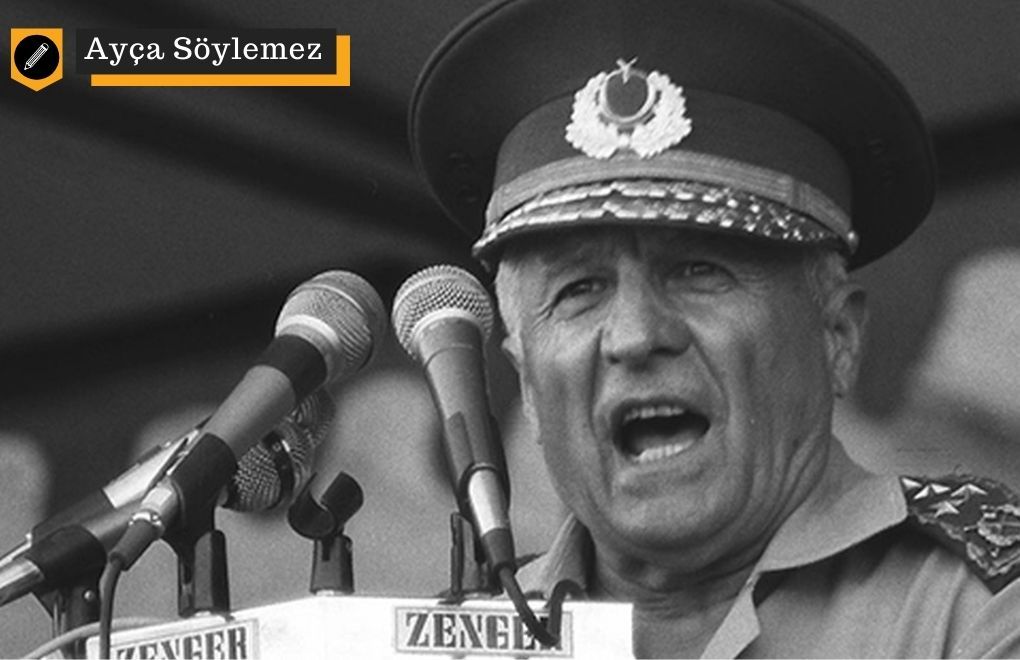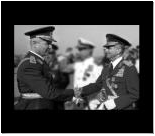Click to read the article in Turkish
The Constitutional Court has ruled that a judicial fine on Metin Çapar because of his social media comments about Kenan Evren, a former chief of the general staff and president who led the 1980 military coup.
In response to a social media post praising Evren, Çapar had said, "I laugh my parts off at your statement, what kind of political ignorance is this."
Announcing its justified decision today (February 23), the Constitutional Court stated it unanimously ruled that Çapar's freedom of expression, which is guaranteed by article 26 of the Constitution, was violated.
The top court ruled that he should be paid 2,000 lira (283 USD) in compensation and the ruling should be sent to the Ankara 35th Penal Court of First Instance for the elimination of the consequences of the violation of the rights.
"Political ignorance"
On May 8, 2015, a local politician from Mersin who is a member of the Republican People's Party (CHP) wrote on his Facebook page: "7th President General Kenan Evren has passed away. Many things were said about Kenan Evren pasha. He was even put on trial and sentenced to life imprisonment.
"Aside from everything else, as a person who lived in the time before September 12, 1980 [coup], historical events should be evaluated according to the conditions and circumstances of the periods of time in which they occurred.
"I wish the almighty God's mercy for our President Kenan Evren, who also signed my decree as a commissioned officer. May he rest in heaven."
Metin Çapar, who also lives in Mersin, responded to this message, saying, "As a party member, I laugh my parts off at this statement of yours. What kind of political ignorance is this? With this policy, you are finished and nobody is wishing God's mercy for you."
After the politician filed a complaint against Çapar, he was sentenced to pay a fine of 1,740 lira (246 USD) by the Ankara 35th Penal Court of First Instance.
"Criticism can be shocking and disturbing"
In the justified decision, the top court said, "Çapar's post includes mocking but not insulting expressions, saying that the views and thoughts of the plaintiff, who was a parliamentary candidate from the party he voted for.
"It can be thought that the language and style were disturbing for the addressee. However, as the Constitutional Court had adopted in many decisions, freedom of expression, which is among the essential foundations of a democratic society and is necessary for the progress of the society and the self-confidence of the individual, is not only acceptable for information or thoughts that are accepted, harmless or indifferent but also for hurting, shocking and disturbing ones.
"Moreover, the applicant used the controversial expressions against a politician who was well known and followed by the public and was a parliamentary candidate at the time of the events.
"It is natural the plaintiff, who is a politician, is under a strict and close scrutiny of voters and he should show more tolerance because limits of acceptable criticism are broader compared to an ordinary person." (AS/VK)
















